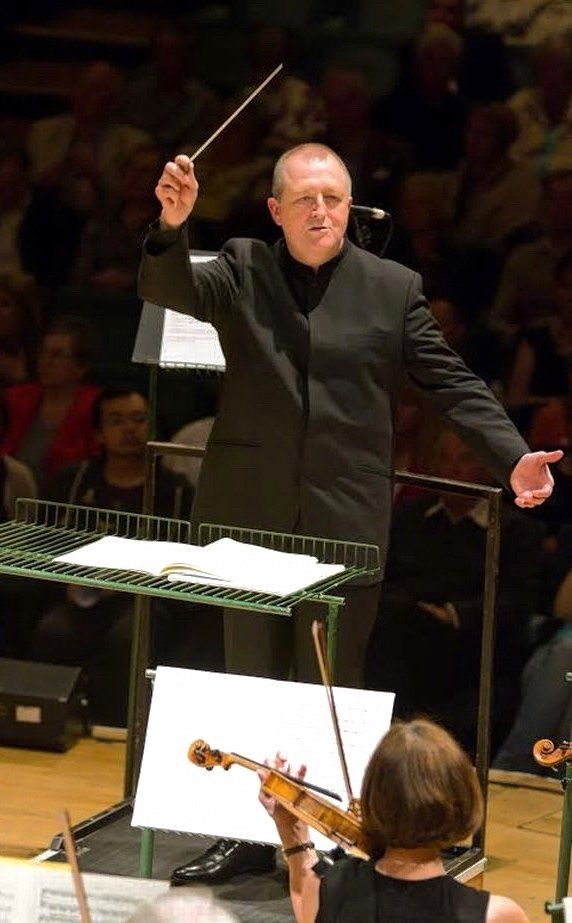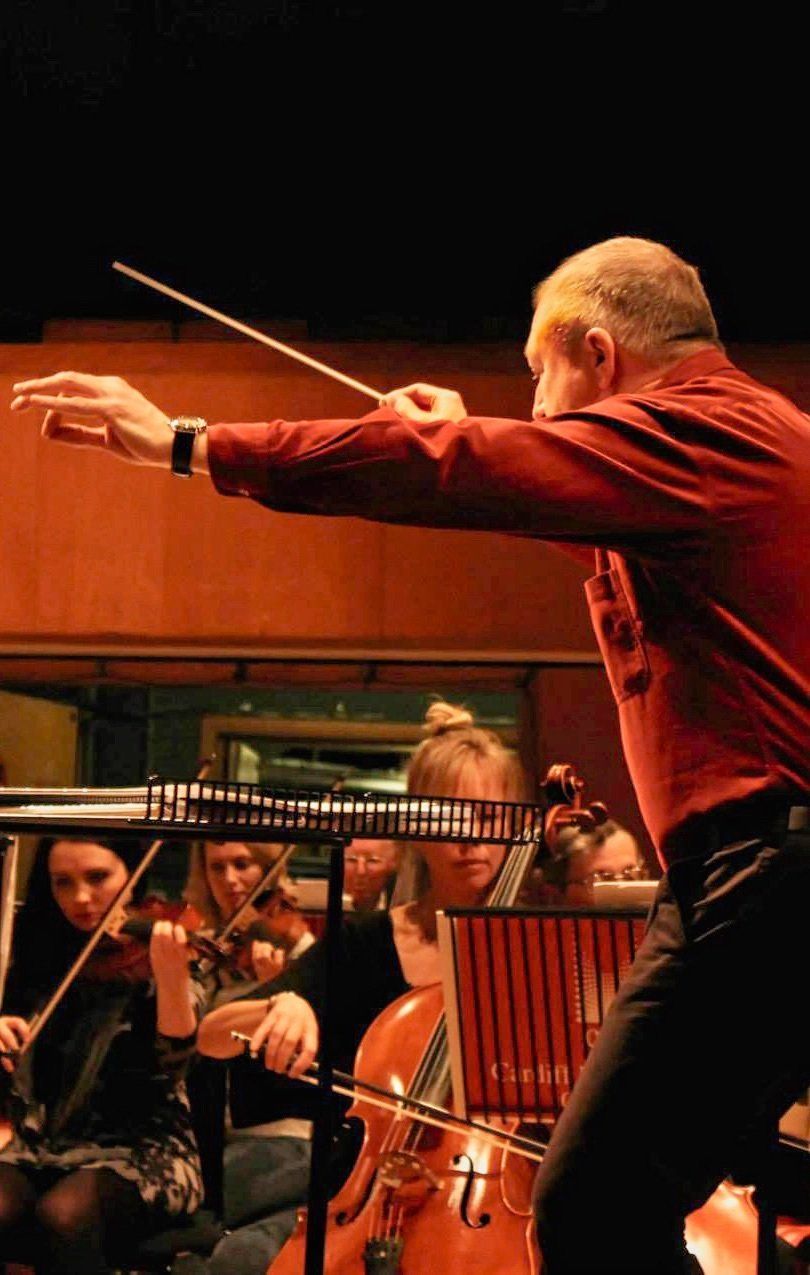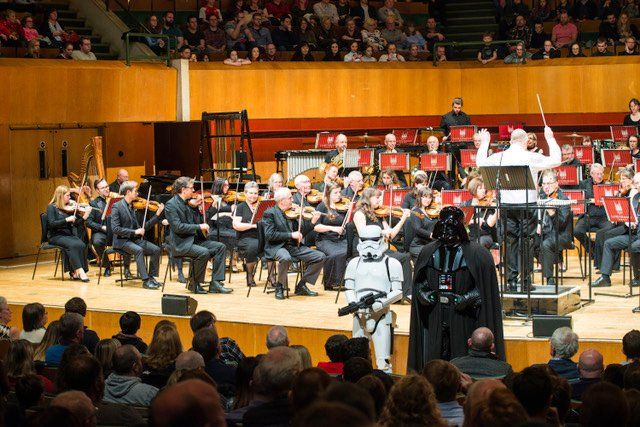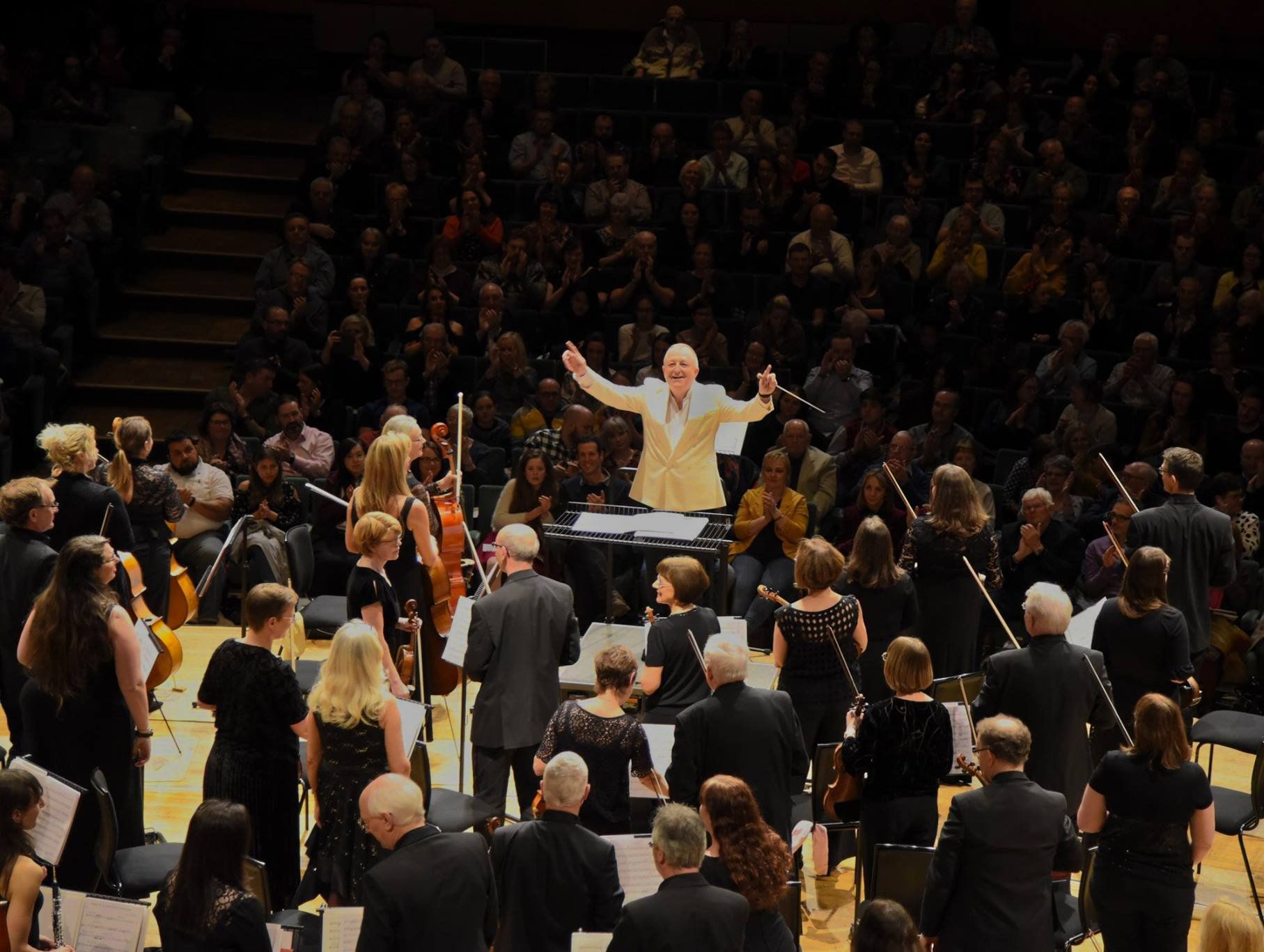Cardiff Philharmonic Orchestra gives one of its best concerts yet in a gripping and moving performance.
The Leningrad Symphony concert at St David's Hall demonstrated once again how blessed Cardiff is to have such a fine orchestra.
On the evening of August 9, 1942, as German artillery bombarded Leningrad, a ragtag orchestra made up of half-starved musicians gave that besieged city's premiere of Shostakovich's Seventh Symphony.
On the evening of June 25, 2016, as Cardiff concert-goers gathered in eager anticipation, an impressive orchestra made up of amateur musicians gave a fine performance of the same work, which is now popularly known as the composer's Leningrad Symphony.
The Leningrad performance must have been been an unforgettable experience. The Cardiff performance was as gripping and moving an interpretation of this monumental symphony as one could wish to witness. This was one of the best concerts the Cardiff Philharmonic has given in St David's Hall over many years and demonstrated once again how blessed the city is to have such a fine orchestra.
It is fair to say that this performance should stand alongside the interpretation of Shostakovich's Symphony No 5 by the Moscow State Symphony Orchestra in this hall last month. Certainly, the Cardiff musicians demonstrated the same level of commitment and understanding of the music as their Russian counterparts.
Conductor Michael Bell harnessed his orchestral forces with calm authority to produce an interpretation that brought to life the circumstances in which it was written by and deepened our understanding of the composer's battle against the tyranny of both Hitler and Stalin.
The playing in all sections of the orchestra was exemplary, not least in the first movement which contrasted the freedom and individuality of the strings with the brutal, relentless rhythms the of the trumpets and timpani.
By the end of the symphony we certainly felt like we had been under siege and had achieved some sort of victory which celebrated the indestructible human spirit.
The concert began with an idiosyncratic and thoughtful interpretation of Rachmaninov's Rhapsody on a Theme of Paganini by the prize-winning pianist, Alexander Ullman. Ullman put his stamp on the performance from the very beginning. He was alive to every nuance of this popular work, offering fresh insights with a lightness of touch that was impressive and satisfying.
Wales Online Peter Collins 26 June 2016



